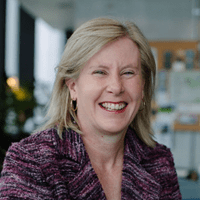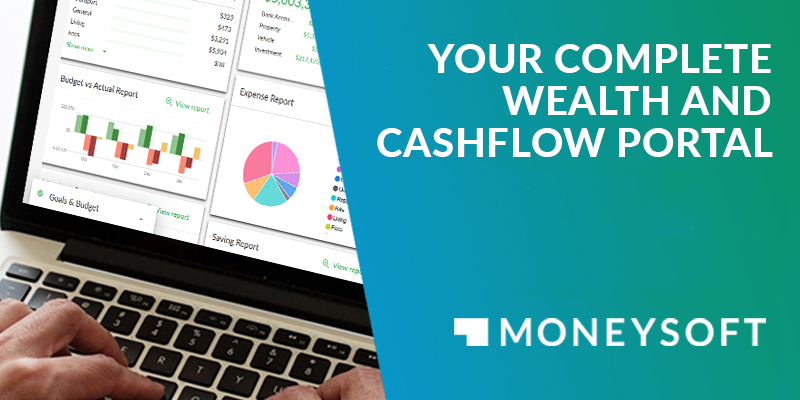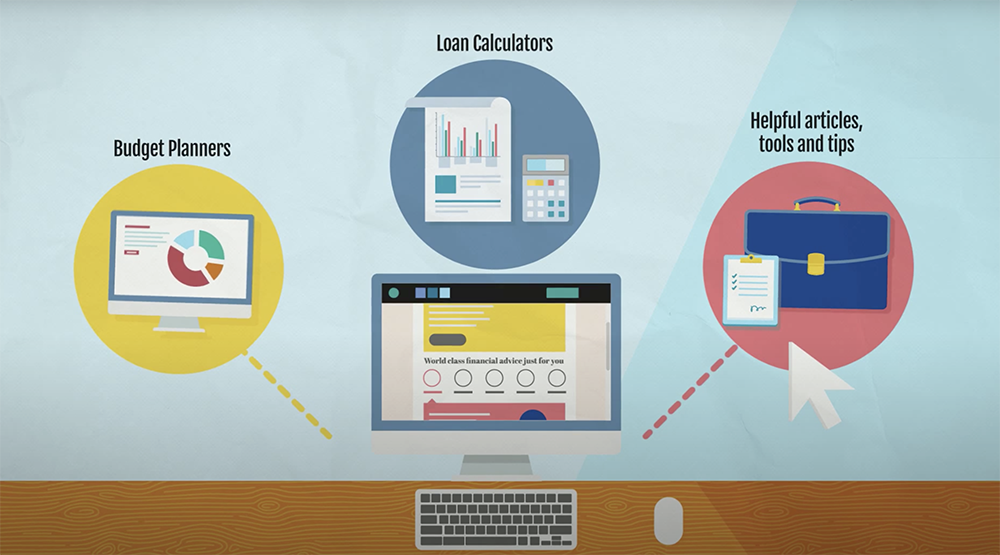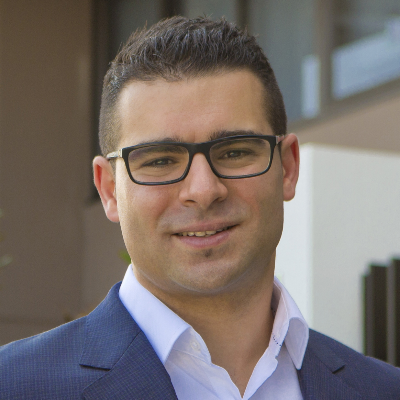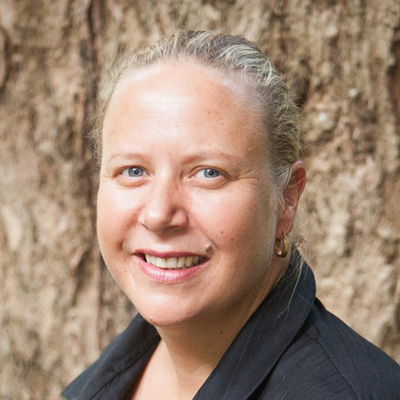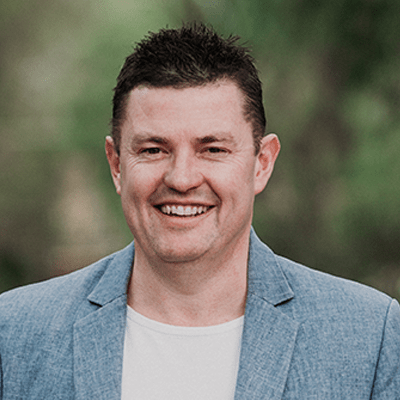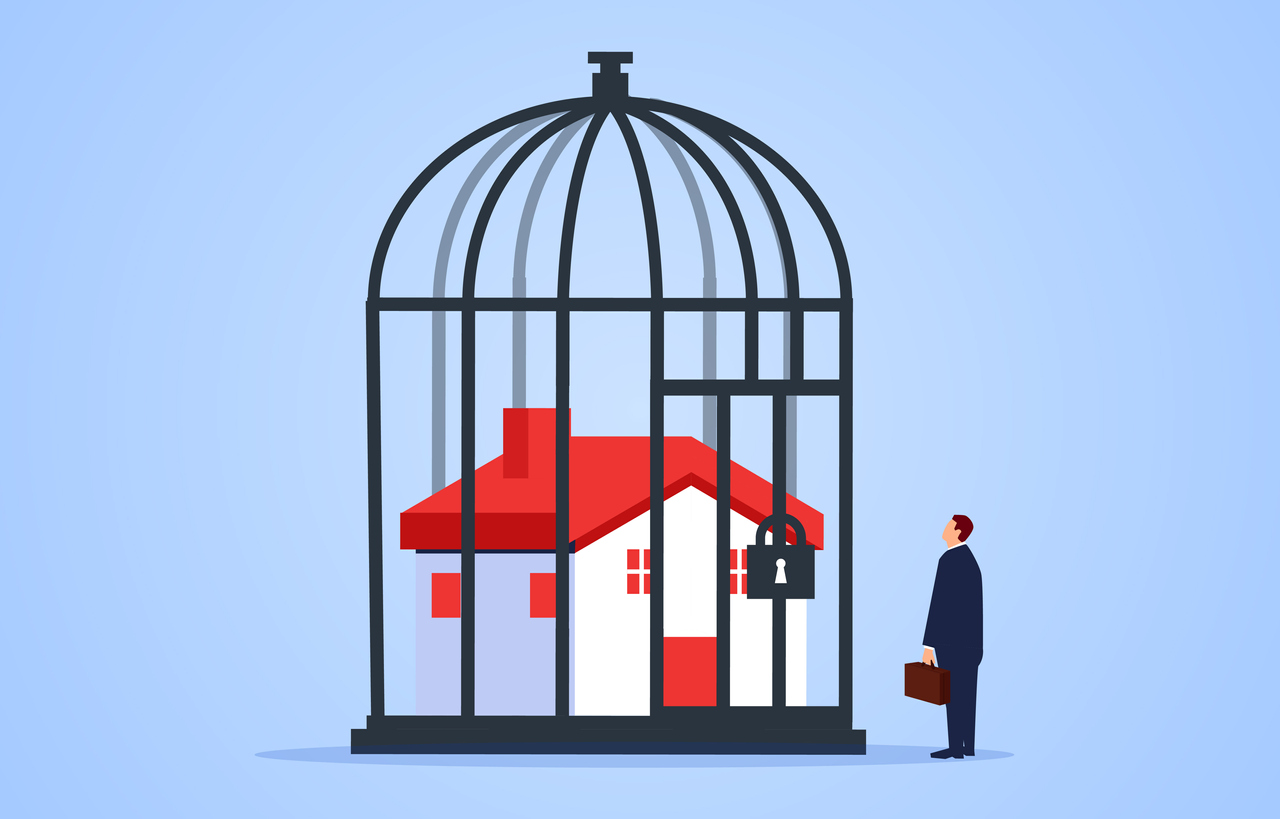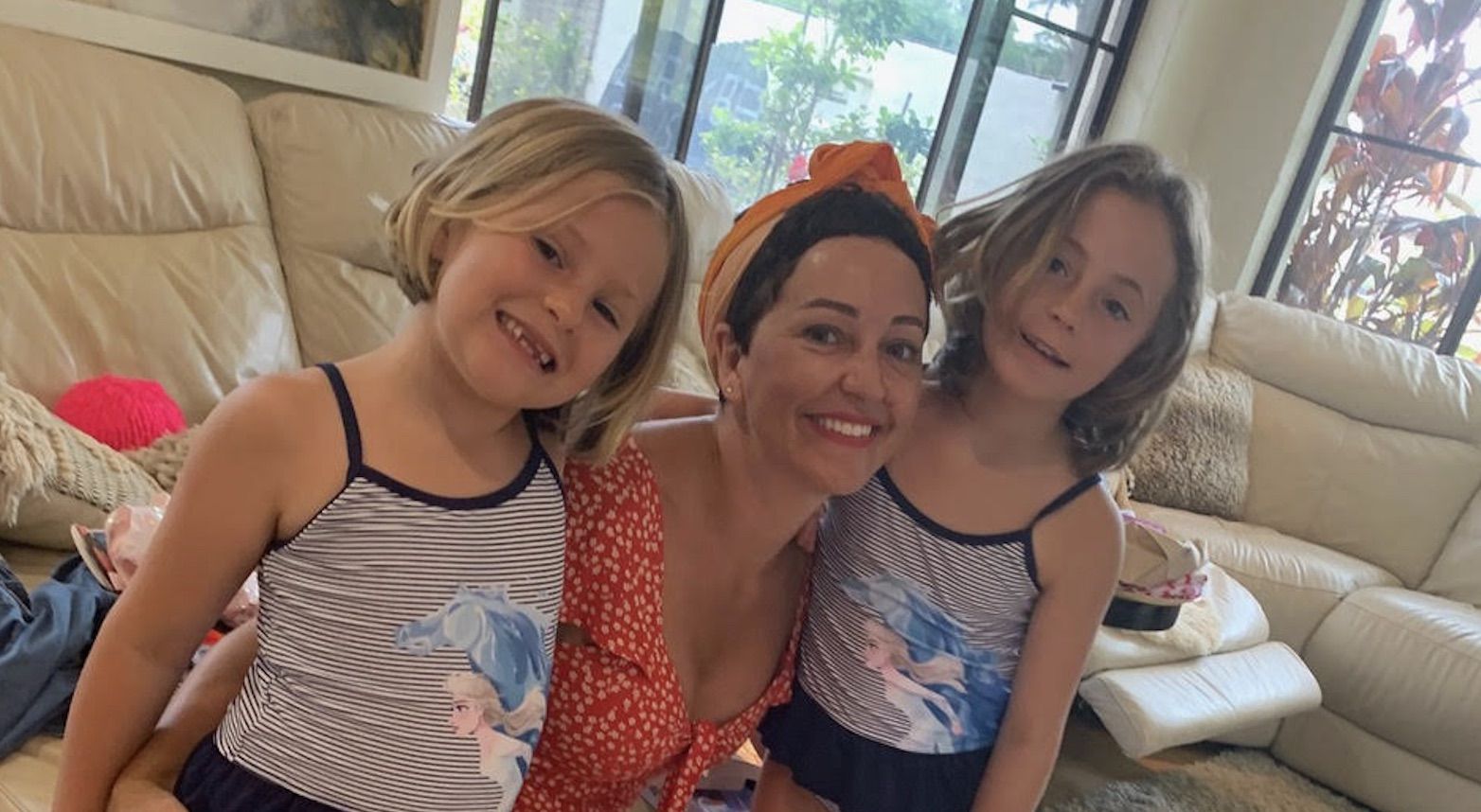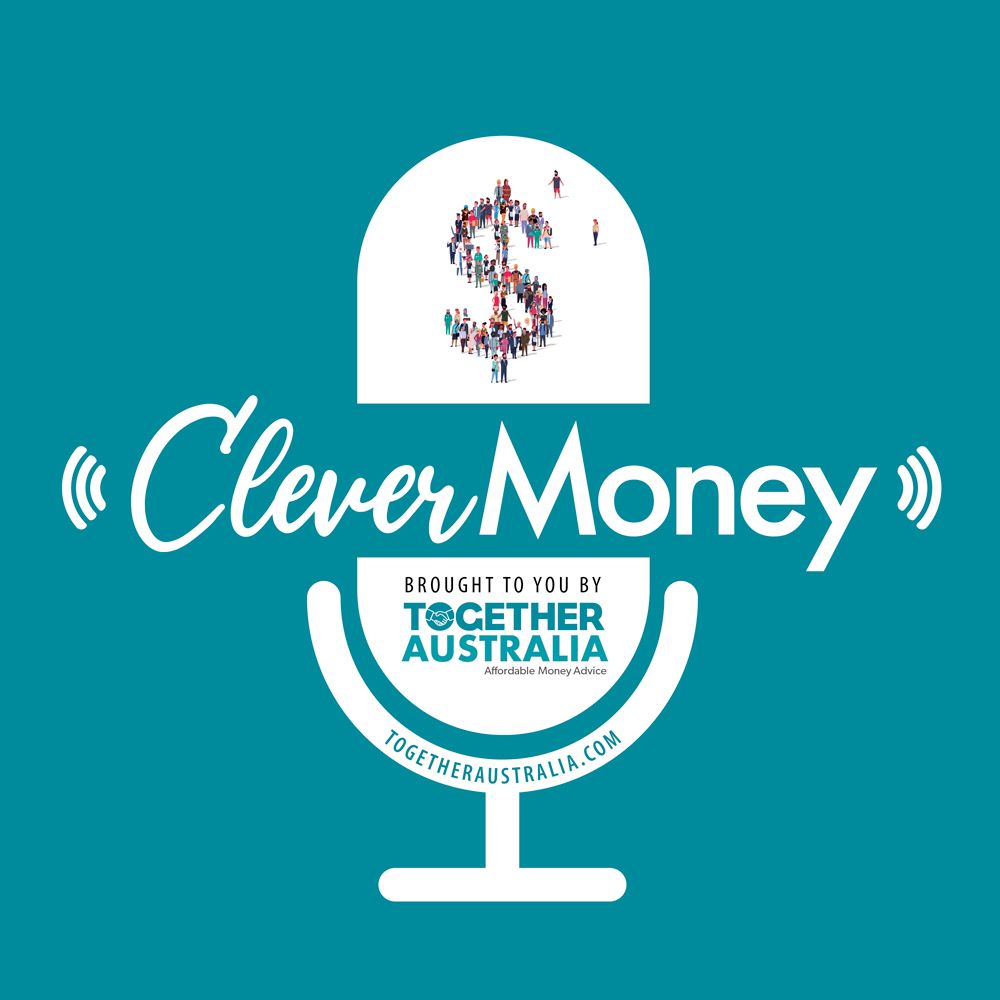
Amazing stories of how savvy young Australians are surviving the Covid economy
Ruth Fryer was diagnosed with Pigmented Villonodular Synovitis, a rare condition and a serious issue for an active ski instructor.
Ms Fryer, 31, was working overseas when she noticed the growth. She decided to return to Australia before the travel coronavirus restrictions were imposed.
Then she lost her “between ski seasons” job at a Schnapps Distillery due to the virus and went on to JobSeeker payments. But they wouldn’t cover her medical costs.
Ms Fryer decided it was time to take control of her finances.
She created a savings plan and made a list of everything she owned. If she had not used it in the past 12 months, possessions had to go. She took to Facebook Marketplace – and the results were unexpectedly positive.
She raised $400 – enough to cover her consultation fees and her 11-hour commute from the Snowy Mountains to Sydney.
Ms Fryer now recommends taking stock of your life. “Not only are we downsizing the number of things we have, but we are creating a sustainable cycle,” she tells Together Australia.
She also enjoyed selling things that were no longer being used to people who needed them. It was a mutually beneficial process.
The COVID-19 crisis has had a huge impact on employment. In a labour market saturated with front facing roles and already unstable jobs, it is no shock that young Australians are hardest hit by the nationwide lockdown restrictions.
But what is surprising is their resilience and ingenuity. And the fact that many know more about money than anyone would have thought.
Law Clerk Jamie Coleman, for instance, had her days of work reduced from three to one and began receiving the JobKeeper payment just a week later.
After re-evaluating her budget, Coleman found herself to be in surplus of weekly income. The fourth-year law student decided to contribute $5000 towards her $40,000 HECS debt. Ms Coleman laughed and said “how else should I spend the money; it won’t be on a holiday”.
These stories can be found not just on the Facebook pages of Together Australia, but also on pages like She’s on the Money.
Many young people see the payments as a lifeline, a way to pay bills and put food on the table, whilst others viewed the income as an opportunity to get ahead and begin to reclaim control of their finances.
Improving financial literacy is paramount to creating and maintaining wealth, especially during a pandemic following loss of income. Unemployment could provide the perfect time to get on top of personal finances.
Roisin Shortt, a university student, attributes her financial struggles to being “young and silly”. She began the pandemic with a redundancy pay out and decided she wanted to move into a new job with a clean slate.
She paid off her credit card debt and personal loan before beginning a savings plan. Her advice to other young Australians would be “don’t get a credit card whatever you do!”.
Having a thorough understanding of your personal finance situation and your financial goals and values is a key part of avoiding debt and always staying one step ahead. You don’t have to have a lot of money or years in the workforce behind you before you begin to make financially savvy decisions.

